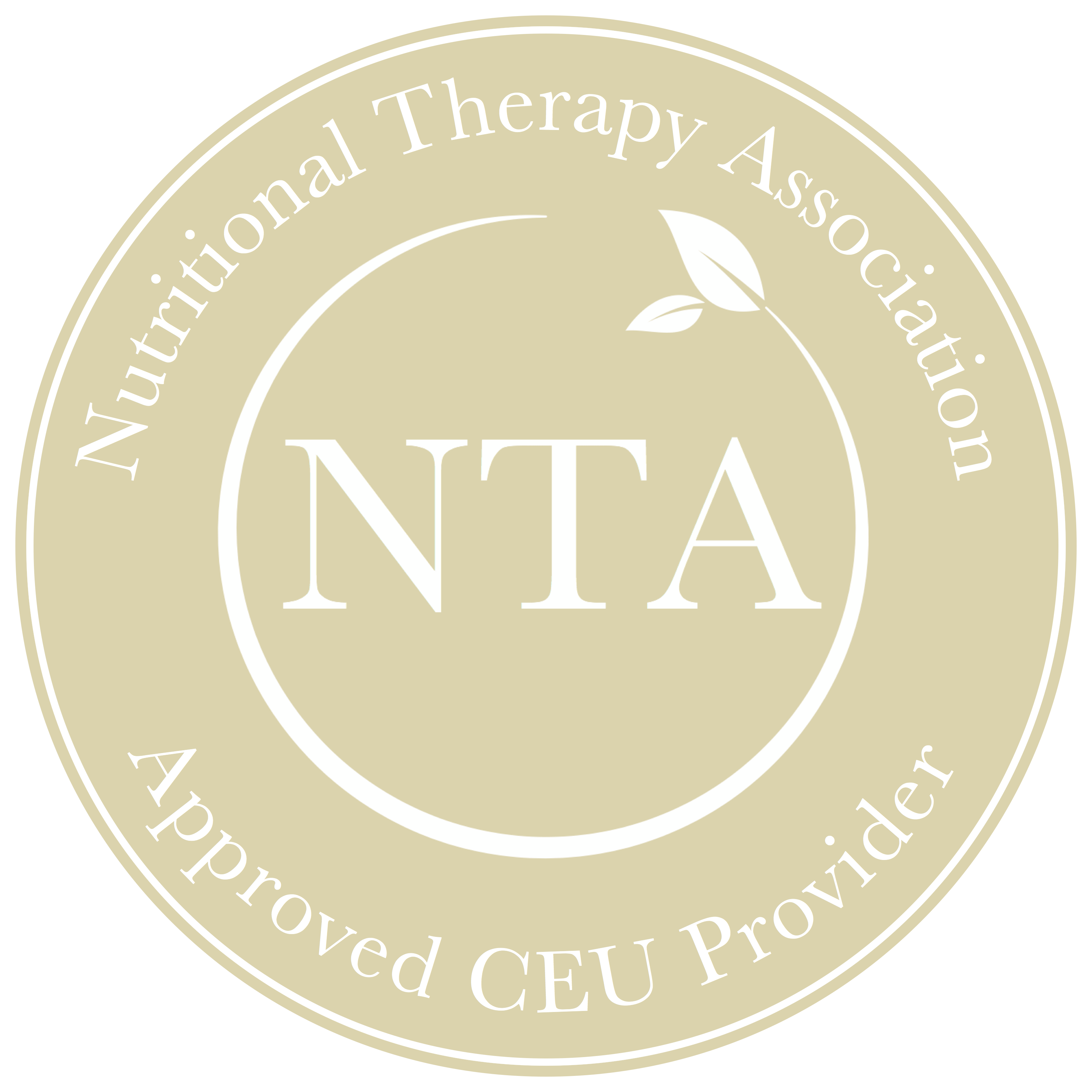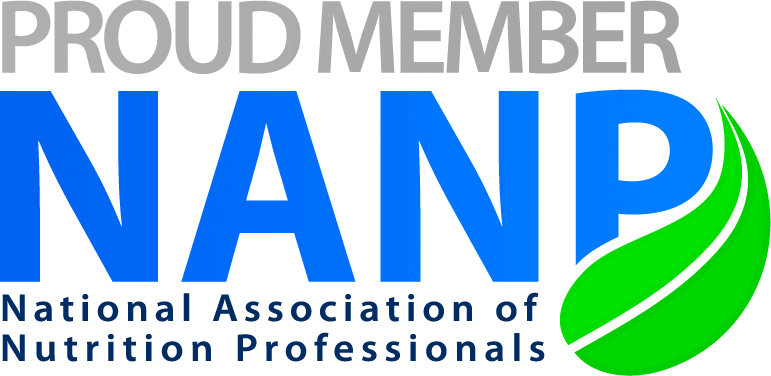It’s no secret that here, at Restorative Wellness Solutions, we are big fans of objective lab testing. It adds an incredibly important layer of objective data that allows us, as practitioners, to fine-tune our recommendations far beyond the generic to highly-customized based on key biomarkers and alongside our client’s symptom presentation and health history.
That said, there are hundreds of tests at our disposal. Knowing which tests to use and when to use them is one of the most important skills a practitioner can have. I can’t tell you how many clients have come to me after seeing multiple practitioners, having spent tens of thousands of dollars on all manner of fancy lab tests, and still not getting the results they are looking for.
Sometimes, the simplest test can be the most powerful – and that’s absolutely the case with a comprehensive blood chemistry panel.
Blood chemistries are among our absolute favorite tests to use with our clients, and for good reason:
-They’re comprehensive. You get an intimate look at the functioning of many systems and organs in one easy test. It’s the best way to accurately measure glucose regulation, assess cardiovascular health, detect anemias, and see what’s happening with the immune system. It’s also a great way to assess the health of the liver and kidneys and pick up on several different types of patterns and trends – from inflammation to digestive, to oxidative stress, and many others. And, of course, it’s the primary method used to assess thyroid function.
-Blood chemistries are well-respected and highly credible in most health communities. Importantly, they are used widely by most doctors and are universally accepted by conventional medicine as well as functional practitioners.
-One of the reasons blood chemistries are so widely accepted is because of their strong grounding in scientific research. Every marker is well-researched with multiple studies performed on it, which increases its acceptance by all medical and health communities.
-Because of all of these things, your clients will likely have had blood chemistries done already, so they’re familiar and comfortable with this testing method. There’s very little convincing you need to do to encourage your clients to complete this test.
-Lastly, they’re extremely affordable. We’ve created custom panels for our students and alumni that are incredibly inexpensive for the value they get – the panels we’re offering, if purchased through usual channels or insurance, are $3,000-4,000 panels – which we get access to for well under $250.
What’s really important to remember is that while these panels are commonly used both among conventional practitioners as well as functional practitioners, how we are using them and what kind of information we are looking for is quite different.
The conventional medical model is to use this information as the basis for medical diagnosis and treatment. Practitioners are using lab ranges and formal diagnostics once pathology has manifested. Also, the number of markers and patterns assessed is usually minimal and associated directly with a suspected diagnosis. In other words, it’s a much smaller panel.
The functional model is to use the same information, but in a very different way. We’re looking to identify imbalances that can be corrected via strategic dietary adjustments, supplement protocols and lifestyle practices. Functional practitioners use a different, typically broader set of ranges that are designed to identify what is outside of “optimal” versus what is required to diagnose pathology.
Furthermore, the number of markers, patterns and trends assessed in the functional model is significantly greater – we’re not waiting for pathology to develop; we’re trying to prevent pathology from developing by identifying those imbalances early on and giving the body what it needs to heal.
Both approaches are important; and ideally, an individual has someone looking at these labs from both perspectives.
The question becomes: when and how do you integrate blood chemistries into a functional practice?
At RWS, we have seen time and time again that thorough gastrointestinal healing is the necessary starting point for all our clients, regardless whether their primary concern is digestive in nature or not. When we start elsewhere we simply don’t get the same kind of “knock-it-out-of-the-park” results. But including the information from a blood chemistry panel can provide essential additional information for fine-tuning our protocols and recommendations.
Here are four ways we’ve found adding blood chemistries to be most successful in a functional nutrition practice:
1. Right from the start of your work, alongside stool testing and the right food sensitivity test.
We teach our practitioners to always start their work in 6-month packages that focus primarily on that most important healing priority: thorough digestive healing. Many of our clinicians like to roll a comprehensive blood chemistry panel into this initial healing program. Getting an overview of the health of the most critical body systems – from blood sugar handling to the immune system to nutrient status – alongside digestive testing gives powerful insights that can guide a protocol from day 1.
2. As part of phase 2 of the healing journey, after the client’s digestive health has been optimized.
If the client’s budget doesn’t allow for the addition of any labs above and beyond stool and food sensitivity testing, many of our practitioners will then build this type of testing into the second phase of their work, once the client’s most significant digestive health concerns have been addressed.
3. As a regular part of your ongoing client maintenance and prevention program. One of the most popular ways of integrating comprehensive blood chemistries into clinical practice is to include this as a regular “maintenance and prevention” check. Because of the global nature of this test, its very low cost and the fact that it is so widely accepted across all health communities, this can be a powerful tool for the practitioner who is looking to be truly proactive and correct imbalances long before they become true pathology.
4. As a teaser starting point, built into a small introductory package. Lastly, but certainly not least, a comprehensive blood chemistry can be used as a great starting point and a place for the client to dip their toes into the waters of functional testing with a test that is widely accepted by the conventional medical community as well. Many practitioners will have a very high-level 3-month introductory package and include a comprehensive set of labs into this offering. Many times, imbalances detected on the blood chemistry can point to the need for other healing, especially digestive healing, and can thus be used as part of the argument for doing that deeper work.
You can probably see why a comprehensive blood chemistry panel is one of our favorite tests – their comprehensive nature, credibility, versatility, and affordability make them a core part of just about every client’s healing journey.
Ready to reap the benefits of comprehensive blood chemistry in your practice?
Enrollment in our next semester opens on November 27, 2023. And, when you register by December 11, 2023 you can save 25% off the cost of tuition!
If you’ve already completed our foundational course, Mastering the Art & Science of Gastrointestinal Healing, you can register for our dedicated blood chem course, Mastering the Art & Science of Nutritional Blood Chemistry.
If you’re new to Restorative Wellness Solutions, you’ll start with our foundational course, Mastering the Art & Science of Gastrointestinal Healing. Apply now so you’re all set to save 25% when enrollment opens on November 27th!







